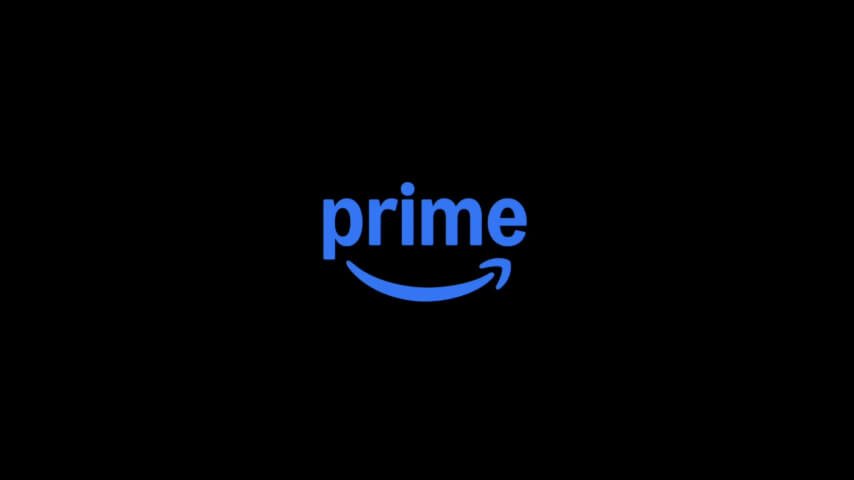A judge has just dismissed, with prejudice, a class action lawsuit brought against Amazon’s Prime Video streamer, alleging that the sudden addition of ads to the service’s video content last year constituted an illegal stealth price increase. U.S. District Judge Barbara J. Rothstein has now rejected this claim, saying—and we’re going to go ahead and paraphrase here—that there’s an important legal distinction between actually raising the price of a thing, and just making the original thing shittier, while offering to let consumers pay you more to get the nicer thing they were getting before.
All of this stems, obviously, from Amazon’s decision, early last year, to begin defaulting its Prime Video customers to an ad-supported tier of video streaming, with a $3 per month opt-in for those hoping to avoid the commercials. This kicked off a wave of angry protests, notably from annual Amazon Prime subscribers, who argued that by taking one of the benefits of their subscription and sticking it behind a $36-per-year paywall, Amazon had functionally raised the price on them mid-subscription, which Prime Video’s own terms says it can’t do.
Judge Rothstein disagreed—and has, in fact, disagreed a couple of times already, which might account for the testy tone of the legal decision she handed down this week. Noting that she’s already told the plaintiffs in this case the same thing in two previously dismissed filings that ran on very slight variations on the initial argument, Rothstein lays out her binding legal opinion that the addition of ads wasn’t a price increase, but a change to benefits—and that the Prime and Prime Video terms that subscribers agree to grant Amazon as much leeway as it wants to fuck with said benefits. (Again, paraphrasing.) Quoting herself (from an earlier decision that seems to have a bit less pique behind it), Rothstein acknowledges that the net effect on customers’ wallets of avoiding the ads might be the same as a price raise. But everybody who signs up for Prime Video enters into a contract that grants Amazon the ability to do pretty much anything it wants to its offered benefits, and nobody can say bupkus. It can’t be a deceptive practice, she argues, if you clicked the little box saying you agreed to the terms.
Anyway, the suit—which has been running, in its various forms, for a bit more than a year at this point—has now been dismissed with prejudice, meaning the plaintiffs are no longer allowed to amend it to try to take another swing.
- The best movies on Amazon Prime Video right now
- Prime Video quietly doubles its amount of ads


